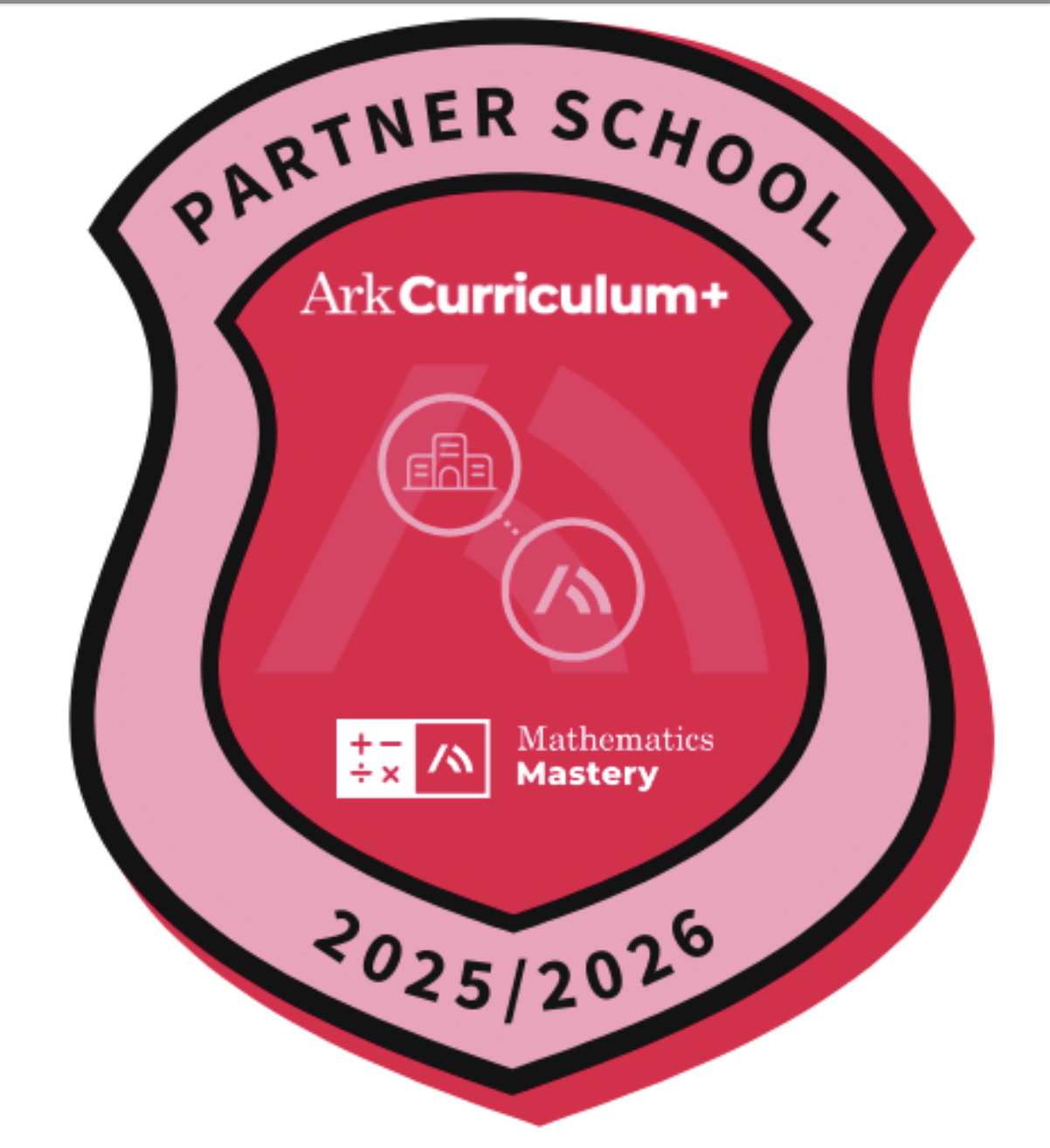Intent
At St Andrew’s School, our goal is to create life-long mathematicians by creating a learning environment that ensures all children can succeed. Our vision is for all pupils to become independent learners with lively enquiring minds, who enjoy and are confident active users of Maths.
To do this, we have introduced ‘Mathematics Mastery’ across the school. The Mathematics Mastery curriculum has been developed to ensure every child can achieve excellence in mathematics. It provides pupils with a deep understanding of the subject through a concrete, pictorial and abstract approach. This ensures pupils fully understand what they are learning.
Implementation
The Mathematics Mastery curriculum is cumulative – each school year begins with a focus on the concepts and skills that have the most connections, and this concept is then applied and connected throughout the school year to consolidate learning. This gives pupils the opportunity to ‘master Maths’; by using previous learning throughout the school year, they can develop mathematical fluency and conceptual understanding.
All children take part in a daily mathematics lesson following a six-part structure. This provides pace to the lessons as well as opportunities for feedback and assessment. Great emphasis is placed on reasoning and problem-solving. Children are expected to explain their mathematical thinking using appropriate language throughout the lesson. Children are encouraged to apply their increasing mathematical knowledge at all stages of the lesson.
Through every Maths lesson pupils will be taught:
- Conceptual Understanding Pupils deepen their understanding by representing concepts using objects and pictures and, more abstractly, with words and symbols. They make connections between different representations and consider what different representations stress and ignore.
- Language and Communication Pupils deepen their understanding by explaining, creating problems, justifying and proving using mathematical language. This acts as a scaffold for their thinking and deepening their understanding further.
- Mathematical Thinking Pupils deepen their understanding by giving an example, by sorting or comparing, or by looking for patterns and rules in the representations they are exploring problems with.
If a pupil has a meaningful understanding of the Maths they are learning, they will be able to represent it in different ways, use mathematical language to communicate related ideas and think mathematically with the concept. This will enable them to apply their understanding to a new problem in an unfamiliar situation.
Maths in Early Years (EYFS)
Mathematical ideas are explored through stories and are focused around a child’s contextual understanding and real-life experiences.
Adult focus sessions aim to build number sense and children are encouraged to look for patterns and relationships. Our learning environment provides lots of opportunities for our children to build and apply their understanding of number through the use of a range of manipulatives. It also enables them to explore, investigate and develop their understanding of shape, space and measure as well as problem solving. Children explore maths concept through play, both inside and outside and quality interactions with staff enable them to consolidate and extend their understanding.
Enrichment opportunities
To support further learning in Maths, the children in Year 1 to 6 have access to online platforms such as My Maths and TT Rockstars, which they can access at home. Teachers carefully set activities to support the learning in class and can scaffold this learning, depending on the child’s needs. Children with additional needs can be successful in their learning because staff know exactly how to plan activities which support their mathematical understanding.
We use iPads and Macbooks to practise multiplication tables and prepare the Year 4 children for the Mutliplication Check.
Two Maths clubs for KS1 and KS2 pupils are run after school and are very popular. We also take part in the Enfield Town Schools Partnership Maths Competition for very able mathematicians in Year 5.
Enterprise opportunities are planned for to enable pupils to tackle maths tasks in real life contexts, such as running a stall at the school fair, or organising a cake sale.
Our Year 5 pupils also take part in the STEM workshops, which are held at the local secondary school.
Impact
In Mathematics Mastery, assessment is continuous. From the beginning of every lesson, teachers will be assessing what their pupils are, or are not understanding and use this to scaffold each segment of the lesson.
During and/after lessons, pupils are assessed through informal assessment techniques: questioning, conferencing, reviewing written work against learning objectives and short retrieval activities.
Formal written assessments take place each term as part of our annual assessment cycle.

We follow the Mathematics Mastery curriculum, which has been developed to ensure every child can achieve excellence in mathematics.
It provides pupils with a deep understanding of the subject through a concrete, pictorial and abstract approach. This ensures pupils fully understand what they are learning.
Video - Supporting children at home with Maths
Homework
Year 1 - Year 6 pupils are given homework linked to their learning in class. Every child has a login to the secure website MyMaths and is expected to completed homework tasks set via MyMaths or Microsoft Teams. Children also have access to TTRock Stars which is a great online platform for learning times tables.
Times Tables
Pupils are expected to know their times tables up to 12×12 by the end of Year 4.
Y1 Children learn to count in 2s, 5s and 10s
Y2 Children fluent in 2s, 5s,10s
Y3 Children fluent in 2s, 3s, 4s, 5s, 8s and 10
Y4 Children fluent up to 12 x 12
